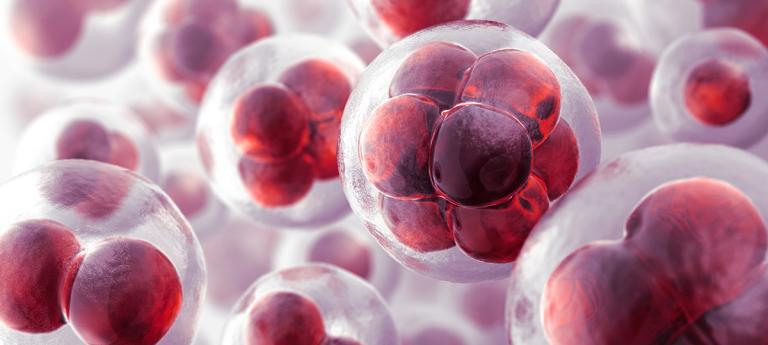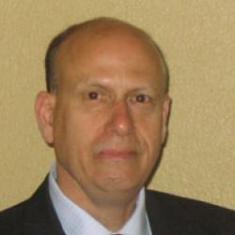What to Expect
Your core classes will focus on yeast genetics and cell biology; cell biology and human disease; cells and pathogens; fundamental immunology; and cell signaling. From there, it’s up to you. Choose from electives such as molecular genetics of cancer, molecular biology of RNA, and cell and molecular neurobiology.
In our program, you’ll have training opportunities as a research science professional not only through customizable coursework, but also conducting original research and attending countless seminars, journal clubs, workshops and laboratory meetings. The centerpiece of your training will be your research project that includes a written thesis, as well as preparation to publish papers in peer-reviewed journals.
Our interdepartmental program includes faculty from basic science departments of the School of Medicine, clinical departments at University Hospitals, and the Lerner Research Institute of Cleveland Clinic. With dedicated faculty and passionate researchers from these institutes supporting you, you’ll have everything you need to advance the field of modern cell biology.





